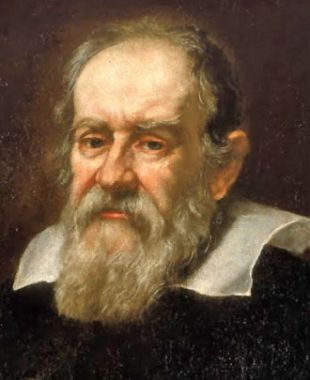
On August 31, the New York Times released an opinion article authored by William J. Broad entitled “Historians Observe Autocratic Strategies in Trump’s Assaults on Science.” The piece seeks to establish connections between former President Donald Trump’s purported animosity towards science and historical examples of autocratic dominance over scientific discourse, with particular emphasis on the Catholic Church’s suppression of heliocentrism, illustrated through the experiences of Galileo Galilei and Giordano Bruno.
The headline illustration accompanying the article, which portrays Galileo’s trial, inaccurately represents the historical occurrence as a public spectacle reminiscent of a Pieter Bruegel artwork, a critique noted by several historians who point out that Galileo’s trial was actually a more restrained event. Likewise, the article recounts the execution of Giordano Bruno, erroneously implying that heliocentrism was the primary reason, whereas his heretical theological views were likely the actual catalyst.
The historical context encompasses the Roman Catholic Church’s support for geocentrism, which mirrors broader societal acceptance rather than a resistance to scientific exploration. Nicolaus Copernicus’s heliocentric theory, released in 1543, despite lacking substantial proof for the Earth’s motion, was not explicitly condemned, although the Church did place his work on the Index of Forbidden Books until it was revised.
Broad’s article also implies that the Church discreetly capitalized on scientific progress, employing solar observatories to enhance calendars while supposedly upholding a prohibition on heliocentrism — a prohibition that centered more on doctrinal governance than a dismissal of scientific advancement. The Church’s intricate approach to heliocentrism reveals the complexity of the science-religion dynamic.
The opinion article wraps up by evaluating the historical trend of authorities stifling disruptive concepts while promoting advantageous scientific developments, drawing a parallel to contemporary political environments. Nonetheless, some critics, such as HISTSCI_HULK, regard the article as exaggerated and historically inaccurate concerning the Church’s alleged antagonism towards science. The discussion highlights the ongoing dialogue regarding science, power, and historical interpretation.